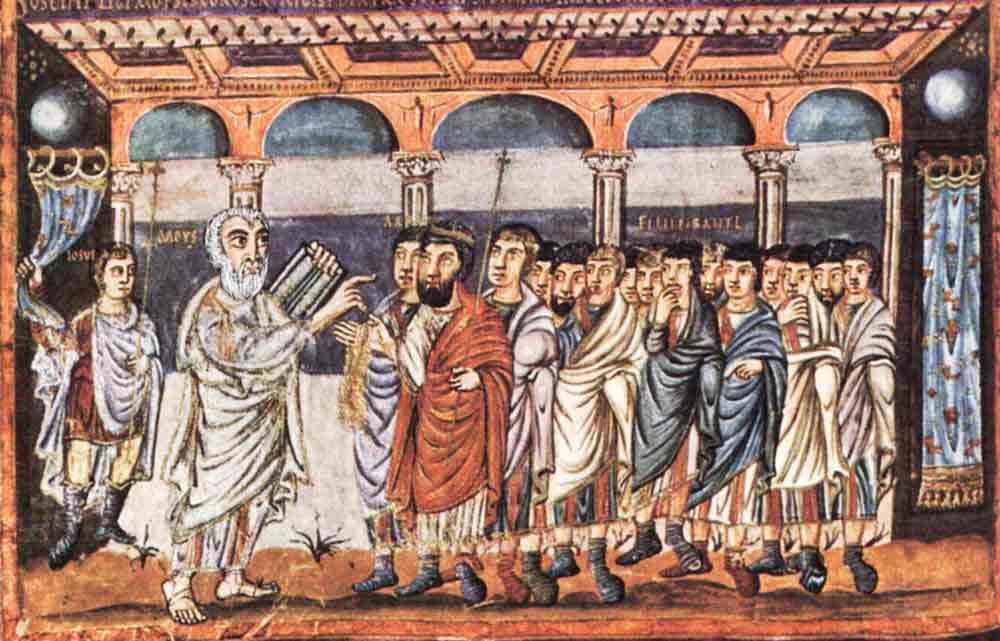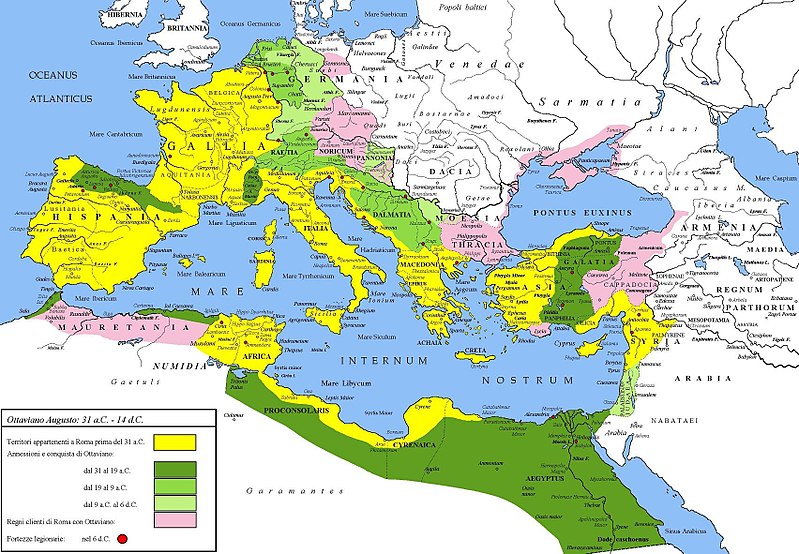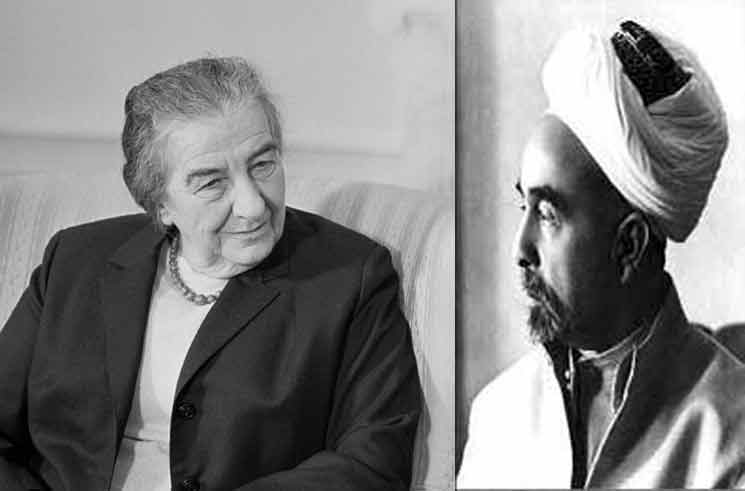One particular memory of David Ben-Gurion is quite famous. As per the ‘master plan’ developed by the team of Architect Arieh Sharon, the development towns were under-construction all across Israel. Similar plans for the region of Negev were also on the anvil. The Negev Desert covers more than half of Israel and thus it was unavoidable to create settlements in the area. Once, Ben-Gurion toured the Negev Desert to see for himself the progress achieved at the building of settlements. The experts who were the authorities working on the plan were briefing him about it. Of course, most of the program was then at the concept stage. In reality, all one could find in the region anywhere was a hot and dry desert. As he interacted with the authorities, Prime Minister Ben-Gurion pointed in a particular direction and passionately said, ‘In my concept, there will be greenery everywhere at this place. There will be orchards on this side while the other side will have vegetable farms’.

It made the experts briefing about the plan restless. With all possible humbleness, an official told Ben-Gurion that it was desert land and that nothing of the sort Ben-Gurion was talking would be possible there. Angered at the reaction, Ben-Gurion transferred the official, questioning as to how he could directly deny the concept without even thinking over the suggestion. Ben-Gurion refused to call him an expert, as an expert is expected to, without forthrightly dismissing any ideas, think out-of-the-box and try to bring the ideas into reality.
One may consider this behavior of Ben-Gurion to be bigotry. One may think of him as an autocrat not used to hear a ‘no’. However, the reality today is, the Negev Desert indeed has not only numerous orchards but also cultivates vegetables!
Moreover, Israel, a country which faced such conditions then, is considered an agricultural land and also exports many agrarian products today. This may raise many eyebrows, but it is a fact.

What made it possible?
Terming it purely a ‘miracle’ and brushing it aside will be an insult to the Israelis. They have made it possible with their exceptional and unflinching determination, experimental nature and the attitude of ‘never say die’ even in worst of the conditions.
Today, even if the world considers the transformation of Israel in the field of agriculture to be nothing short of a wonder. But one must not forget the qualities mentioned above of the Israeli people, which have brought about this metamorphosis. ‘Israel is our only recourse. It thus leaves us with no option but to transform Israel’. It was with this firm resolve, when the experts from various fields and the ordinary Israeli masses came together telling themselves, ‘the aim must be achieved, ‘how’ is a question to be considered later’, that Israel could journey from an ‘underdeveloped country to be a developed nation’!
When we think about it, we will be able to understand the reason behind the behavior of David Ben-Gurion, a visionary leader possessed with the thought of transforming Israel, in the before-mentioned incident.
However, considering then existing geographic conditions in Israel, it was natural to doubt the dream of undertaking agriculture all across the nation.
Natural factors like soil fertility, water, wind, sunlight – impact and define agricultural activity. However, in Israel, most of the elements were adverse then and continue to pose challenges even today. If we consider just the factor ‘land’ (soil) to know about this adversity, we see that in even in a country like Israel, comparatively smaller in area, we find several types of lands viz., mountains with snowclad peaks, mountain slopes, swamps, drylands, rocky terrains, coastal salty marshlands, desert lands, etc. However, only 20% of this land is naturally cultivable. Rest, most of it is uncultivated and suffers erosion as it is empty and barren for the last many years.
However, despite these adversities, the Israelis girded up their loins without losing heart. Not waiting idly for the ‘government to do everything’, the ordinary masses voluntarily participated in thousands at various government schemes. They crushed the rocks and cleared, leveled the rocky lands. They drained the swamps and used the water to spatter the dry lands. They, in fact, washed off the top salty layer of the soil entirely from the coastal brackish marshlands and uncovered the layer of soil below it which supported cultivation. The mountain slopes would receive good rains, but the water would run off with the slopes. It would lead to erosion as the water carried soil along with it. Thus, to counter this, the Israelis constructed terraces for farming on the mountain slopes.

The untiring efforts started showing results, and gradually, more land started turning cultivable. The number of agrarian communities also increased. Quite a few principles from the ‘community living’ concepts of ‘kibbutzim’ and ‘moshavim’ were used to create these agricultural communities.
Moreover, without getting disheartened with the uncultivable land, the Israelis began to research various crops they could sow in the vast variety of lands available to them.
Apart from the geographic adversities, another challenge stood before them. From the start of the twentieth century, the Jews who had immigrated to the land of Palestine through the different waves of ‘Aliyah’ had set about farming apart from the other occupations. (Aliyah is the immigration of Jews from across the globe to the Land of Israel). However, many of the Jews who came to Israel along with the enormous waves of immigration that hit Israel after achieving independence had come from Europe. For the last many centuries and the number of generations, they had suffered under the numerous restrictions imposed on them by the European rulers. One such restriction barred the Jews from purchasing any type of land. As a result, it had been generations since they had left agriculture and had restricted themselves only to ‘white-collar’ professions of accountants, teachers, lawyers, various types of traders, etc. None of them had any agricultural experience.
However, each one of them had indomitable perseverance and resolve that ‘whatever happens to us, it will be only in Israel’!(To be continued…)

















